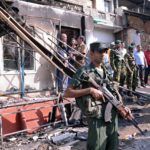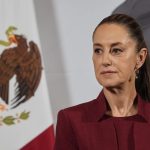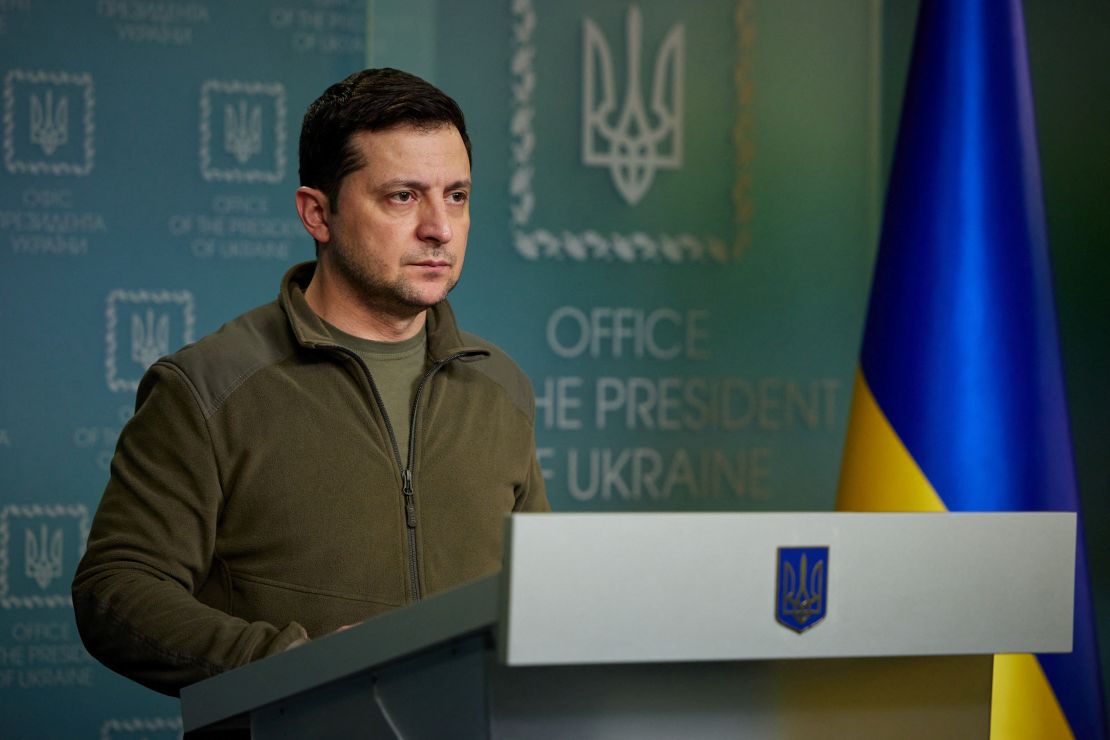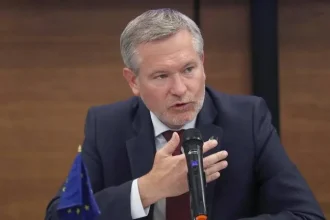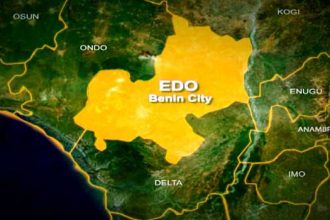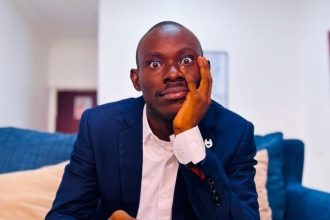Rwanda’s President Paul Kagame is running for another term in an election that analysts believe he will win easily.
Kagame, who has been in power for 24 years, is admired by some and feared by others. Since becoming president in 2000, he has won every election with over 90% of the vote, and in 2017, he won with 99%.
The 66-year-old president is competing against only two approved candidates, as other candidates were not allowed to run by the state-run electoral commission.
Kagame has been a key figure in Rwandan politics since his rebel forces took power at the end of the 1994 genocide, which resulted in the deaths of about 800,000 ethnic Tutsis and moderate Hutus. He is credited with helping to rebuild and unite the country.
“Rwanda was 30 years ago essentially written off, but thanks to some extent to the leadership under Kagame and his ruling party, Rwanda managed to build some stability,” Dr. Felix Ndahinda, a scholar on the Great Lakes region, told the BBC.
However, critics accuse Kagame of suppressing opposition and orchestrating cross-border assassinations of dissidents. Kagame has always defended Rwanda’s human rights record, stating, “Our country respects political freedoms.”
Analysts, however, believe the election is a mere “formality.” About nine million people are registered to vote, with at least two million being first-time voters. A provisional winner should be announced by Tuesday morning.
Voters will also elect the president and 53 members of the lower House of Parliament on Monday, with 27 other MPs being elected the following day.
Sylvia Mutoni, a first-time voter, told the BBC, “I am very excited about voting for my first time, I can’t wait.”
For many young Rwandans, Kagame is the only leader they have ever known. He has been the de facto leader even before officially becoming president in 2000.
The two opposition candidates, Frank Habineza of the Democratic Green Party and independent Philippe Mpayimana, also ran in the 2017 election, where they received less than 1% of the vote combined. Despite this, they remain hopeful.
“I believe democracy is a process,” Habineza told the BBC Focus on Africa podcast. “People still have a fear of expressing their opinions. I’m fighting for freedom of speech, freedom of the media.”
Some Rwandans are listening to him. Celestin Mutuyeyezu, 28, who used to support Kagame, said, “He (Habineza) said great things on fighting unemployment, and he’s got me.”
However, defeating Kagame remains a difficult task. Diane Rwigara, an outspoken critic, was barred from running in the election, just as she was in 2017. “Rwanda is portrayed as a country where the economy has been growing. But on the ground, it’s different. People do lack the basics of life, food, water, shelter,” she told the BBC. The electoral commission said she failed to provide the correct documentation.
Despite challenges, Rwanda is one of the fastest-growing economies in Africa. Kagame is credited with the country’s economic transformation and stability. Rwanda is known for its clean capital city and having the world’s highest proportion of female MPs, at 61%.
In the book *Rwanda, Inc.*, American authors Patricia Crisafulli and Andrea Redmond describe Kagame as more of a company CEO than a political leader due to “his drive for excellence” in every sector.
Kagame, a shrewd politician, often criticizes the West but maintains useful allies. For instance, Rwanda worked with the UK on an asylum seeker deportation scheme. The country also enhances its global appeal through sports, culture, and entertainment, hosting events like the African Basketball League and concerts by international stars like Kendrick Lamar.
Kagame’s tough diplomacy is also evident. Recently, a UN report stated that there were about 4,000 Rwandan troops in the Democratic Republic of Congo, accused of backing the M23 rebel group. Rwanda did not deny the allegation and criticized the DR Congo government for lacking the political will to resolve the crisis.
On the campaign trail, Kagame promised to protect Rwanda from “external aggression” amid tensions with neighboring DR Congo and Burundi.



